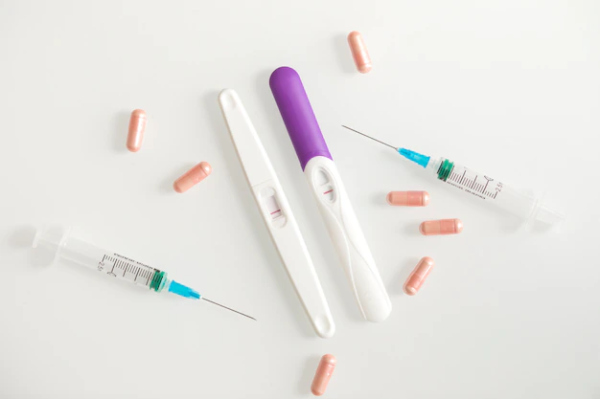Kerala Hospitals Start Offering Sleep Pods, Bunk Beds for Bystanders Ensuring Better Patient Care

Sleep pods and bunk beds in the hospitals are introduced for bystanders so that they can take power naps and even work while waiting for their sick relatives in the critical care unit.
A few hospitals in Kerala have introduced sleep pods and bunk beds for bystanders. These facilities are to give the patient's attendants an opportunity'¯to work or take power naps while they wait for the recovery of their loved ones.
In the coming week, the sleep pods will get installed and become operational at Aster Medcity in Kochi. The same has been tried at KIMS hospital, Thiruvananthapuram.
Renai Medcity in Kochi has already installed bunk beds and cubicles on the floor where the ICU, CCU, and NICU are located.
'œThough sleep pods (small, self-contained capsules) are common at airports, the concept is relatively new to India's healthcare sector, with not even private hospitals in major cities introducing such facilities in CCUs,' said Farhan Yasin, vice president of Aster hospitals.
Further, the vice president added that initially there were ten sleep pods placed outside the critical care waiting area. However, matching with the increasing demand, the number of installed units increased.
'œWe plan to have sleep pods outside critical care units and the same will be introduced within a few months,' said Dr MI Sahadulla, CMD of KIMS Healthcare Group.
Intensive care units are used to treat patients who are seriously ill. Patients need invasive life support, intensive nursing and medical care, and complicated therapies once admitted in an intensive care unit. When admitted in an ICU, a bystander needed to reserve the room and pay for it separately. However, now many hospitals are discouraging this practice and hence the option of sleep pods has come.
However, many hospitals have set up rooms for bystanders within the facility area, still most of them don't leave the critical care unit area. Despite the fact that hospitals prevent bystanders from entering CCUs because they are responsible for the patient's care entirely, this is nonetheless taking place.
Moreover, the medical superintendent of Rajagiri hospital shared that a small one or two bed cubicles have been created inside the hospitals for bystanders.
'œWe have 15 beds, and the demand is to set up more facilities. Kerala is seeing a cultural change where people want privacy and personal space to sleep and work but at the same time, they want to be with their loved ones who are critically ill,' said Dr Sunny P Orathel, medical superintendent, Rajagiri Hospital.
Kerala hospitals provide this facility to all the bystanders and can be used on a daily basis. They can pay any amount in between INR 500-2000. It contains amenities such as a comfortable bed for resting, working, and sleeping, reading lamps, a charging station, a USB charger, luggage space, and ambient light.
Dr Krishnadas Polakulath, MD, Renai Medicity shared his views on the bunk beds and sleep pods. It was observed that bystanders didn't want to leave their sick relatives and even slept on the floor or stairs when a room was not available. Hence, the hospital added 12 bunk beds to improve the stay of the bystanders.
Stay tuned for more such updates on Digital Health News

















